principal
investigators
VOLKER HESS
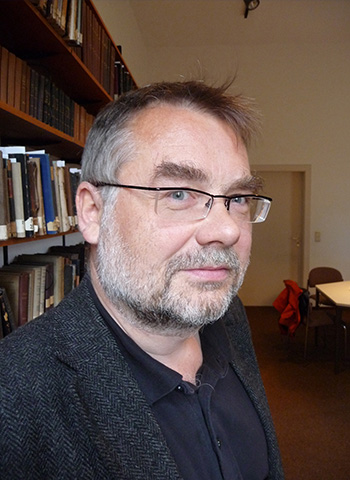
Volker Hess studies the history of medicine as both science and practice. Trained in medicine and philosophy, he entered academia with analysing the hospital as an institution and as a space of knowledge. His first book on semiotic medicine (1992) developed an intellectual history of the rise of modern medical thinking. Focusing on the measuring temperature, the second book Der wohltemperierte Mensch (2000) transferred the concept of „thick description“ to the history of medicine. He was engaged in various collaborative projects:
He was the Vice Chair of the research training Group „Gender as a category of knowledge“ at the HU Berlin (2005-14), he chaired a DFG Research Unit on the „Cultures of madness“ for studying the borderlands of normality (2009-14), and he is engaged in a new DFG Research Unit on the contemporary history of psychiatry (2021-24). In 2011, he has been receipt of the ERC AdI Grant for a collaborative project (with Andrew Mendelsohn) in reconstructing of “How physicians know“, which is followed by the present ERC Synergy Grant. He is the chair for the History of Medicine at the Charité Medical School and professor at the History Department of the HU Berlin.
Judit Sándor
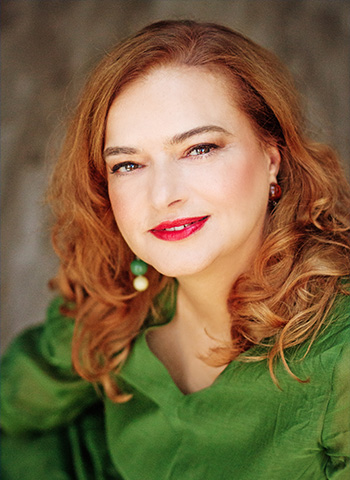
Judit Sándor is a full professor at the Department of Political Science, the Department of Law and the Department of Gender Studies at Central European University (CEU). She has completed her bar exam in Hungary and worked at Simmons & Simmons based in London. She has conducted research at New York University (NYU), the University of Chicago, the University of Stanford, McGill University in Montreal, and the Maison des sciences de l’homme in Paris. In 2004 – 2005, Prof. Judit Sandor headed the Bioethics Unit of UNESCO in Paris. She also participated in Hungarian and international legislative processes in the fields of medical law and bioethics.
Since 2005, Prof. Judit Sandor has been a founding member and director of CELAB (Center for Ethics and Law in Biomedicine) at CEU, where research is conducted on the ethical, legal and social significance of biotechnology.
She has published numerous books and articles in Hungarian, English and French in the fields of human rights and bioethics. She published books on medical negligence, on biopolitics, and on ethical and legal questions of human genetics, reproduction, and biobanks. She has also been involved in numerous research projects funded by the European Union. Since October 2020 she is one of the PIs within the ERC Synergy research team of the LEVIATHAN project.
Anelia Kassabova
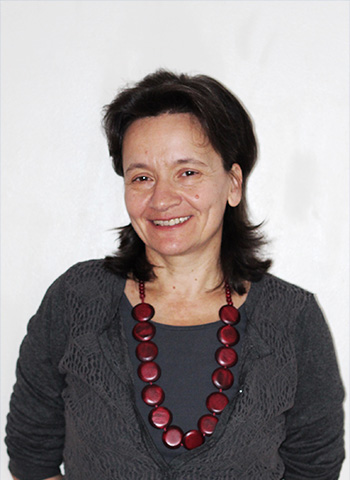
Anelia Kassabova is a graduate of History/Ethnology and German Studies from Sofia University. She obtained her PhD at the Bulgarian Academy of Sciеnces and has worked at the IEFSEM – BAS since 1995. In 2001, she was awarded her second doctorate at the University of Vienna, Department of Economics and Social History. In the book “Family and Migration. Familienforschung und Politik” (2002), she historically traced networks, hierarchies, interconnections and processes of entanglement between “East” and “West” in the development of scholar theories, using Bulgaria as an example. One of her main topics is reproduction policies in a broad understanding, including legislation, discourses, practices and experiences in relation to natalism, birth control (contraception and prevention, abortion), sexuality, family structures, marriage regulations; unwed motherhood and single mothers/parents.
In her academic publications and as a Guest Professor at various universities (Sofia, Blagoevgrad, Siegen, Graz, Regensburg, and Vienna), Kassabova has pursued the approach of a permanent academic (self-)reflexivity that emphasises the intertwining of various structural categories such as gender, class, ethnicity, nationality, etc.
Since 2020, she is one of the four PI-s in the ERC Synergy Leviathan project and head of the temporary scientific unit “Medical Anthropology” at IEFSEM – BAS.
ULF Schmidt
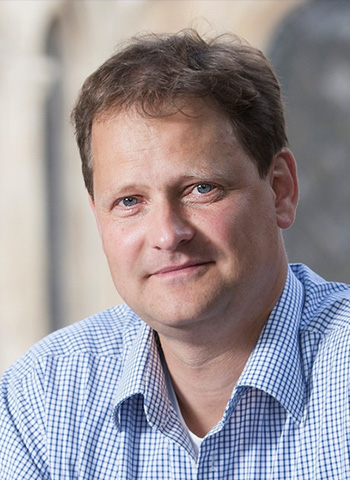
Ulf Schmidt is Senior Professor of Modern History at the University of Hamburg and a Fellow of the Royal Historical Society.
His research interests are in the area of the history of modern medical ethics, warfare and policy in twentieth-century Europe and the United States. He is especially interested in the history of authoritarian regimes and dictatorships. He has published widely on the history of Nazi Germany, the history of human experimentation during the Cold War, the Nuremberg Doctors’ Trial and the Nuremberg Code, the history of eugenics and euthanasia, the history of chemical and biological warfare, and the history of propaganda and persuasion.
He is the author of, among others, Medical Ethics, Ethics and Euthanasia in Germany, 1933–1945 (2002); Justice at Nuremberg: Leo Alexander and the Nazi Doctors’ Trial (2004); Karl Brandt: The Nazi Doctor. Medicine and Power in the Third Reich (2007); Secret Science. A Century of Poison Warfare and Human Experiments (2015); Propaganda and Conflict: War, Media and the Shaping of the Twentieth Century (2019), and Ethical Research: The Declaration of Helsinki, and the Past, Present, and Future of Human Experimentation (2020), published with OUP.
